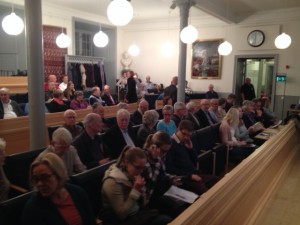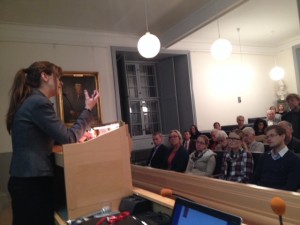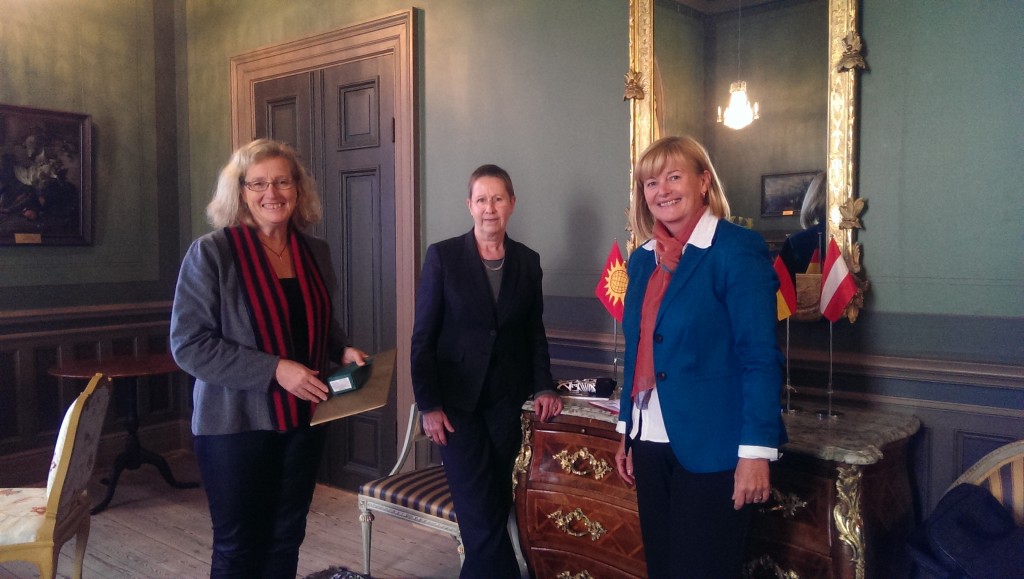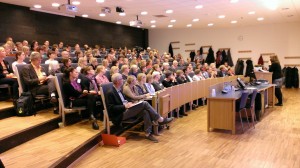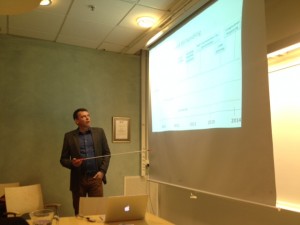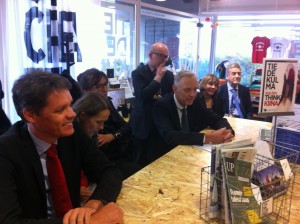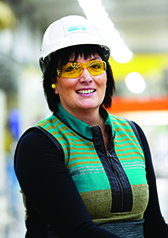The autumn semester retreat for the University Board took place on Tuesday-Wednesday. On Tuesday afternoon the focus was on internationalisation matters. What stood out as the greatest challenges were recruiting more students from outside Europe (both by developing our international course and study programme offerings and creating room for more scholarship recipients), stimulating our own students’ travel abroad, and furthering our work to recruit international teachers/researchers, not least early in their careers. Language issues and questions involving individuals accompanying incoming teachers/researchers were also touched upon.
Then the Board – as tradition prescribes – was treated to presentations of this year’s Nobel laureates. Many thanks to the professors who provided edifying and inspiring introductions: Gunnar Ingelman (physics), Kersti Hermansson (chemistry), Stellan Sandler (medicine), Eva Mörk (economics), Rolf Lundén (literature).
Yesterday we also had the opportunity to discuss the work modes of the University Board.
At the meeting on Wednesday morning the question of autonomy and our comments on the proposal about higher-education foundations constituted the self-evident main item on agenda.
The Board rejected the proposal regarding higher-education foundations as inadequate and wanted to see a rigorous re-examination of the autonomy issue. It’s imperative that the process leading to true autonomy should continue. Läs mer i pressmeddelandet. Read more in the press release.
The Board also clearly agreed that autonomy necessarily entails a revision of the goals and strategies for Uppsala University, which comprised the last item on the agenda.
Everything is in place for us to carry out internal and external discussions about how Uppsala University needs to be organised in the long term in order to succeed in our endeavours to achieve our lofty goals. We may even indulge in thinking freely.

